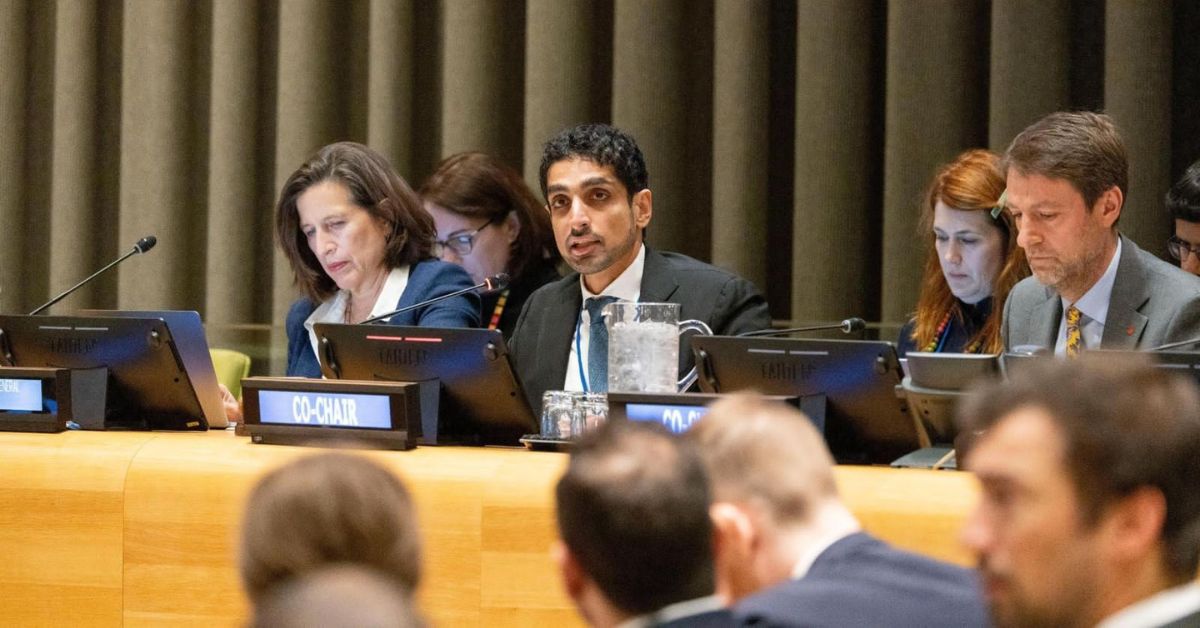NEW YORK – Respecting differences is crucial to appropriately develop artificial intelligence (AI) within national and regional contexts, said Omran Sharaf, the UAE’s Assistant Foreign Minister of Advanced Sciences and Technology.
This approach, he said, is key to avoiding economic disparities between developed and developing economies.
He made these remarks at a UN Security Council Arria-formula meeting, co-organized by the UAE and Albania, focusing on the impact of AI on hate speech, disinformation, and misinformation.
The meeting aimed to tackle the threat of AI in spreading hate speech, misinformation, and disinformation, particularly concerning international peace and security.
Discussions centered on countering these issues through international cooperation, developing safeguards, and promoting self-regulation, including public-private partnerships.
The Council received briefings from notable figures such as Melissa Fleming, UN Under-Secretary-General for Global Communications; Rahaf Harfoush, a digital anthropologist and member of the Secretary-General’s AI Advisory Board; and Jennifer Woodard, co-founder of Insikt Intelligence.
Sharaf underscored AI’s potential in technological advancement and sustainable development, the need for an effective international framework to address AI concerns, and the importance of inclusive policies, knowledge transfer, and capacity building in AI governance.
He concluded, “To ensure AI makes ethical, inclusive, and prosperous decisions, we must educate ourselves on its workings. It’s crucial to manage how and what AI learns, rather than just its outcomes and repercussions,” highlighting the need for proactive engagement with AI development.
Sharaf emphasized the need to prevent further global polarization while developing an international framework for AI governance. “It’s vital to maintain cooperation, exchange knowledge, adopt best practices, and ensure regulations address the potential misuse of these technologies,” he stated.
“Today’s discussion is instrumental in informing not only the Security Council but also the broader international community about AI’s benefits and risks, and the steps necessary to address related challenges,” he added.
The UAE is approaching the end of its two-year term as an elected member of the UN Security Council. During its tenure, the UAE has focused on integrating innovation and technology into discussions of international peace and security.

